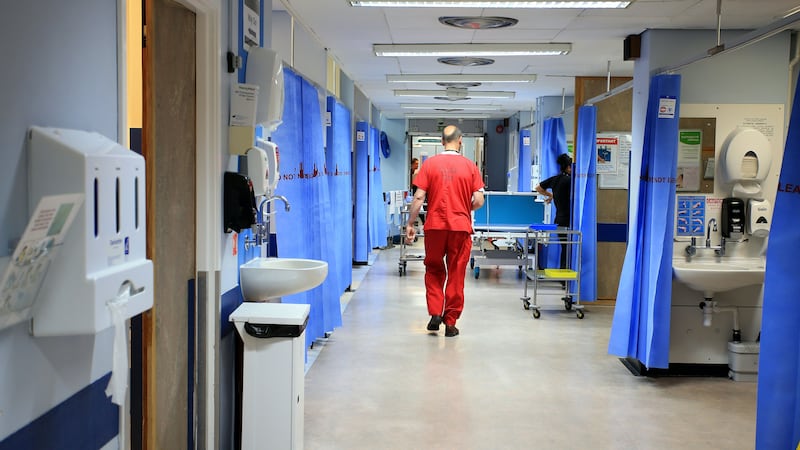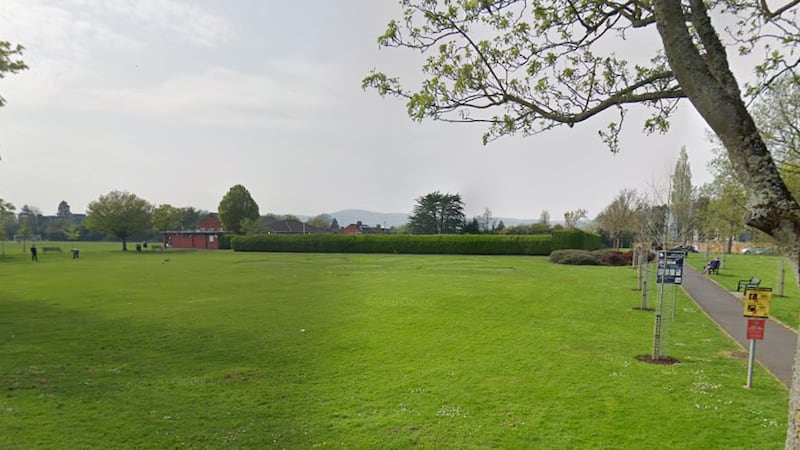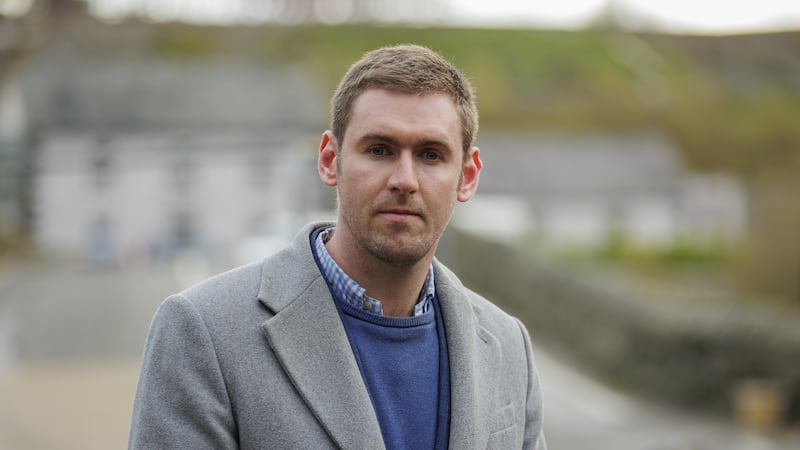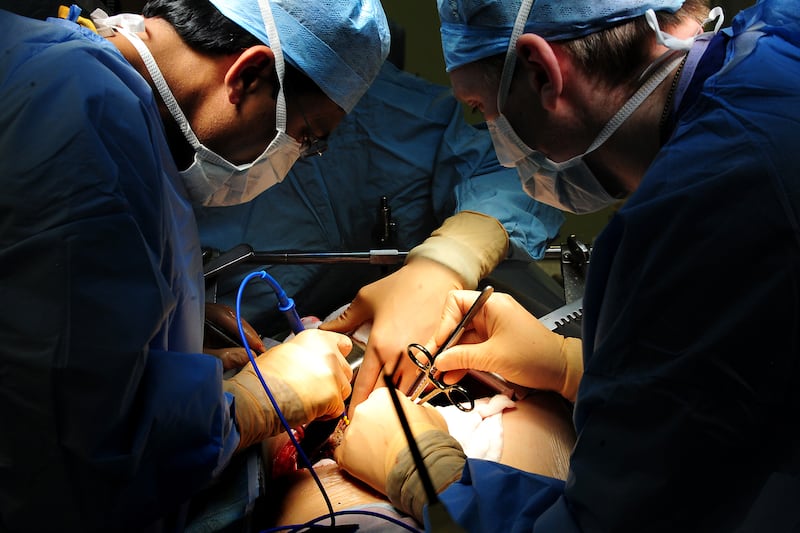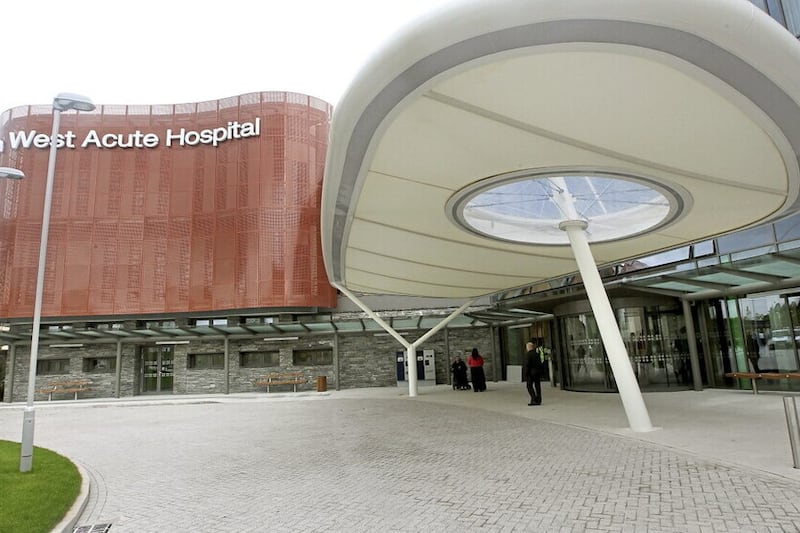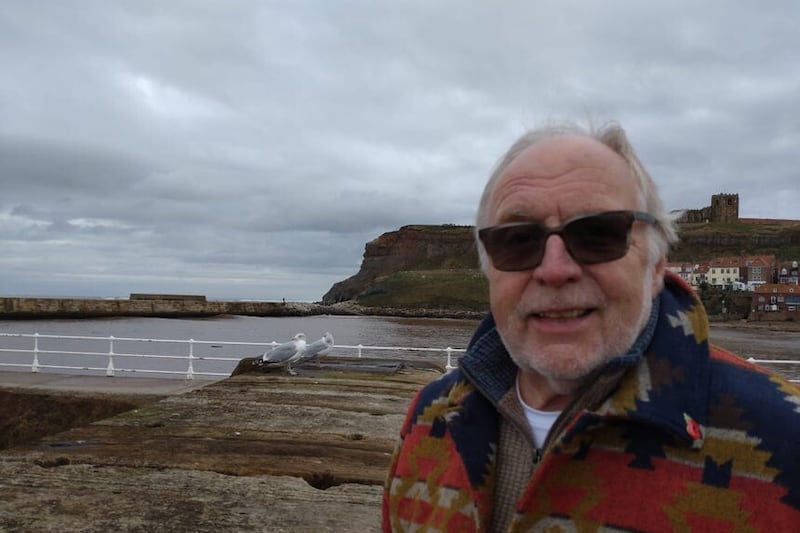Anaesthetists have welcomed new research suggesting surgery is not as risky as first thought for spreading Covid-19.
The Royal College of Anaesthetists said the “important work” could help speed up the number of operations carried out as the NHS tries to get through a backlog caused by the pandemic.
In the new study published in the journal Anaesthesia, experts looked at the risks of placing a tube in the patient’s airway (intubation) before surgery or removing it at the end (extubation).
Public Health England (PHE) regards both procedures as aerosol generating procedures (AGP), with a risk that tiny particles could lead to staff becoming infected.
As a result, staff must wear high levels of personal protective equipment (PPE) and extra theatre cleaning is needed after the procedures.
The new study, from experts at North Bristol NHS Trust and the University of Bristol, suggests aerosols generated by the procedures are actually less than would be produced during a single, regular cough.
They used a real theatre environment to examine aerosols generated during the procedures, with recordings made of 19 tube insertions and 14 removals.
The team carried out continuous sampling with an optical particle sizer – which measures particle concentration and size – within the zone between the patient and anaesthetist.
They concluded that tube insertion generated approximately one thousandth of the aerosol generated by a single cough.
Removing the tube produced more aerosol, especially when accompanied by a weak cough, but still less than 25% of that produced by a voluntary cough.
The authors suggested that at this point, of removing the tube, techniques could be used to reduce coughing and the anaesthetist could step away.
“These findings should trigger a re-evaluation of when it is necessary to use specific measures to protect against viral transmission by aerosol in operating rooms,” the authors said.
“De-escalation of these high-level protective measures would have a substantial impact on our ability to deliver healthcare to patients within the NHS and internationally.
“If we can agree these procedures do not generate aerosols we can reduce the PPE we wear and we can eliminate the major delays that currently exist between one patient leaving the operating room and starting the next case.”
The authors cautioned, however, that their study was not carried out on patients with Covid-19.
Professor William Harrop-Griffiths, vice president of the Royal College of Anaesthetists, said: “This important work suggests that key elements of the administration of a general anaesthetic to a patient with Covid-19 do not – as previously thought – pose an increased risk of infection by aerosol transmission to the healthcare workers in the same room as them.
“The precautions that protect healthcare workers against Covid-19 infection by aerosol transmission take a lot of time to carry out and greatly decrease the number of patients that can be cared for in operating theatres.
“If manual lung ventilation and tracheal intubation are not deemed to be aerosol generating, this saves time, speeds up the delivery of care to patients in the operating theatre, and greatly increases the NHS’s ability to deliver planned surgical care.
“If Public Health England and its devolved equivalents accept this evidence, many more patients can undergo the surgery they need, and the NHS can keep planned surgery going during the second surge of Covid-19 – and may even be able to start to reduce the waiting lists for surgery.
“If the bodies responsible for health delivery in other countries accept this evidence, the scale of benefit to patients – while not putting healthcare workers at any additional risk – could be huge.
“Although anaesthetists will still need to take infection precautions and be careful when they anaesthetise patients who have – or may have – Covid-19, this new information will be of considerable value in protecting patients and those who look after them, while reducing the equipment, time and cost needed to deliver safe care.”
PHE has been approached for comment.
